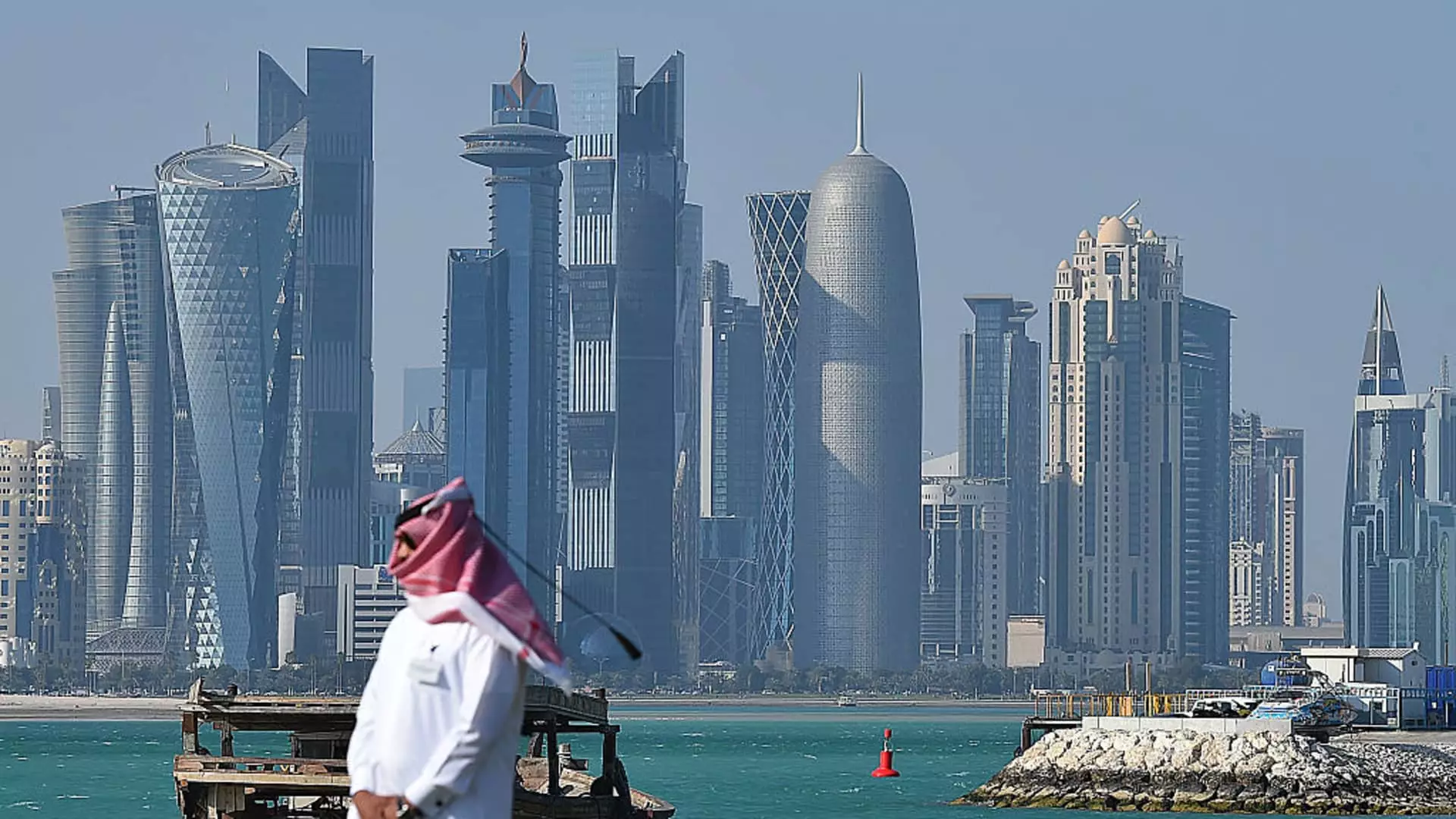The Qatar Investment Authority (QIA) is making significant strides in its mission to diversify the country’s economy away from traditional oil and gas reliance. With a sovereign wealth fund exceeding $500 billion, QIA is strategically utilizing these vast resources to attract venture capital firms that can foster innovation in high-growth sectors, particularly technology and healthcare. This article delves into QIA’s recent initiatives, explores their implications for Qatar’s economic landscape, and assesses the challenges faced in a competitive regional investment environment.
At the forefront of QIA’s diversification strategy is its newly launched $1 billion fund of funds program, which aims to invest in various international and regional venture capital entities. This initiative is paramount as it actively seeks to stimulate investment not just within Qatar but across a broad spectrum of high-impact industries. By targeting sectors like technology and healthcare, Qatar is positioning itself as a promising hub for innovation and entrepreneurial growth.
Recently, QIA has accepted its first cohort of venture capital managers into this program, including notable firms like B Capital, co-founded by Eduardo Saverin of Facebook fame. This is a pivotal development, as the presence of such influential venture capitalists signals a commitment to elevating Qatar’s venture capital ecosystem. As B Capital prepares to establish its Middle East operations in Doha, it speaks volumes about the confidence global investors are beginning to place in Qatar’s economic ambitions.
Raj Ganguly, co-CEO of B Capital, has vocalized enthusiasm about Qatar’s strategic initiatives, particularly its support for artificial intelligence (AI) initiatives. This sentiment reflects a growing recognition that the Middle East, especially the Gulf Cooperation Council (GCC) nations, are laying down the infrastructure necessary for technological experimentation and adoption. Ganguly’s remarks draw attention to the numerous “sandboxes” developed in the region, which are designed to facilitate the testing of innovative technologies.
For QIA, the investment program has a twofold mission. Mohsin Pirzada, head of funds at QIA, emphasizes that while commercial success is vital, the secondary objective is to make a positive impact on the VC ecosystem within Qatar. This dual focus aims to enhance economic growth while nurturing a robust investor community that can generate jobs and support local entrepreneurs. The emphasis on local integration illustrates QIA’s understanding of the importance of sustainability in investment practices.
However, Qatar’s ambitions are unfolding within a challenging landscape. The country faces intense competition from regional neighbors. For instance, Saudi Arabia has been aggressive in attracting financial services firms through incentives that compel companies seeking government contracts to establish their regional headquarters within its borders. The success of Saudi Arabia’s strategies is highlighted by the influx of prominent Wall Street firms—such as Goldman Sachs and Morgan Stanley—relocating to Riyadh.
Simultaneously, the UAE is crafting its own narrative by attracting financial giants like Ray Dalio and Brevan Howard to Abu Dhabi. This competitive environment raises questions about Qatar’s ability to carve out and maintain a unique space in the investment world. Pirzada’s comments touch upon the idea of collaboration amid competition, suggesting that the prosperity of one Gulf state can positively influence others. This interconnected view underscores the potential for collaborative growth through shared resources and innovation.
Qatar’s ambitious initiative through the QIA’s fund of funds marks a crucial step in the nation’s evolution towards a diversified economy. By attracting global venture capital firms and focusing on sectors poised for growth, Qatar is laying the groundwork for a robust economic future beyond hydrocarbons. However, navigating the competitive landscape of the Middle East will require more than just substantial financial resources; it necessitates a continued commitment to innovation, strategic partnerships, and a robust regulatory environment that fosters sustainable growth. As QIA moves forward with its initiatives, the eyes of the region—and the world—will be keenly observing its progress.

